If the real estate industry is the reservoir of China's economy, then the automobile industry is a printing machine that works overnight and overtime. In 2017, China’s auto market has made remarkable achievements and once again stands at the top of the world. More and more international car companies have entered China, further changing the pattern of China’s auto industry, and sales of 30 million seem not far from us. However, for the Chinese automobile industry structure that is about to enter the Year of Wuyi, it is also an undercurrent, and more and more car companies and capitals are declared high-profile or low-key, and they enter the "sharing of cars" and "timeshare" areas. Such actions It seems to indicate that the Chinese auto market in 2018 has become a new outlet for sharing cars.
Car companies "into the" shared car sector
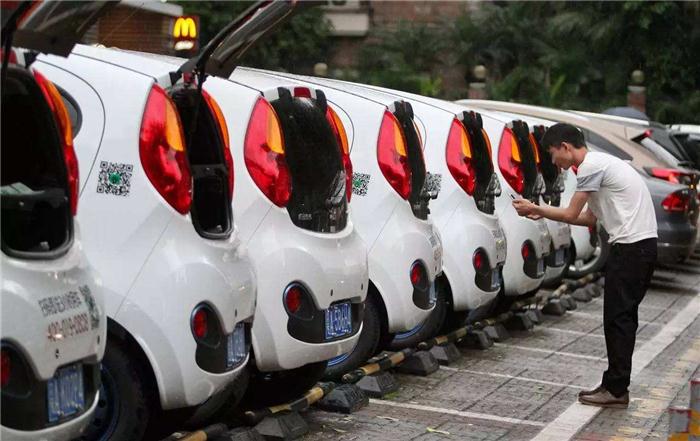
After experiencing shared bicycles and shared charging treasures, the term “sharing†has become known to everybody. This kind of economical means of rationally utilizing resources has indeed brought people convenience in life and has cultivated new consumption. habit. And this share of the wind has also blown into the hot car industry pattern.
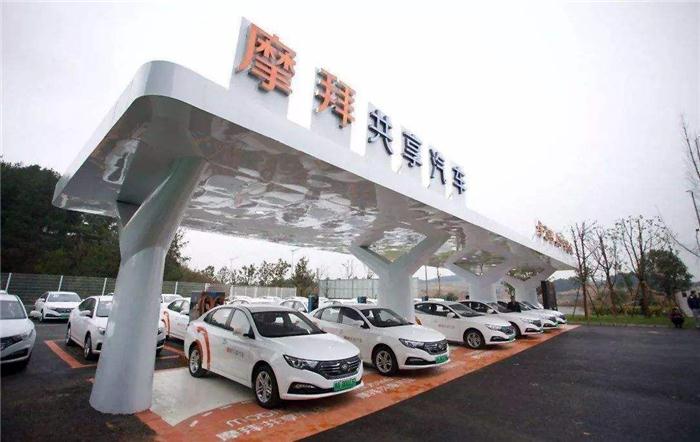
FAW Car announced on January 7, 2018 that it has signed a strategic cooperation agreement with Guiyang Gui'an New District Management Committee and Gui'an New District Mobai Travel Technology Co., Ltd. Both parties (FAW Car and Mobike Technology) have joined forces to share the travel field. In the future, FAW will provide customized products for Mobi travel; at the same time, FAW Car and Xinte Electric Vehicle have reached a strategic cooperation in R&D and production of new energy vehicles and jointly signed the “Agreement Framework for Cooperative Production of Electric Vehicle Projectsâ€. The two parties will establish a joint research. The hospital, the first model DEV1 and Mobike shared a customized version of the engineering prototype, will debut at this year’s Beijing International Auto Show.
Five days later, on January 11th, Lifan Group's new energy sharing travel platform, Panasonic, officially announced its presence in Guangzhou. The first batch of trials will run 1,000 pure-electric shared vehicles. Behind Hope, there are endorsements from companies such as Ali, Wanda, Fosun and Yuexiu Group. On the eve of New Year's Day, GAC announced its intention to cooperate with Weilai Motors. Both parties intend to cooperate in the areas of time-share leasing and vehicle sharing and plan to establish a joint venture.
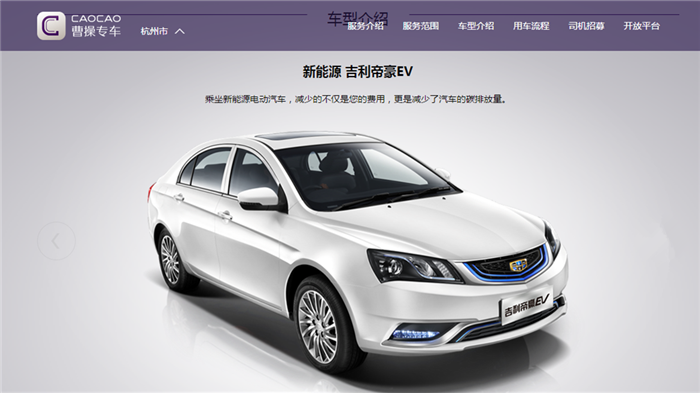
Not only that, on January 17th, the platform was formally launched at the end of 2015. Cao Cao’s special car received a one-billion-yuan round A strategic investment. After this round of financing, Cao Cao’s car valuation exceeded 10 billion yuan, and the platform’s strategic investor is Geely Group. At present, the operating vehicles are all Geely emgrand EV models.
In fact, it is no longer a big news for car companies to enter the shared car sector. Before this time, car companies such as Beijing Auto, SAIC and Chery have begun to share the layout of the automotive sector, but they are more to provide vehicle operation and maintenance for Internet travel companies in this field. And data collection work, but in the beginning of the market in 2018, a sudden force, a number of car companies began to enter the shared car area with capital injection, technology investment model is a novelty, the original Internet industry led by the sharing of the automotive industry gradually has a new atmosphere .
Sharing the second half of the car
Since its first appearance in the Chinese market around 2010, shared cars have experienced a transition from being unfamiliar to being familiar, from being difficult to understand, to being gradually accepted, until the second half of 2017.
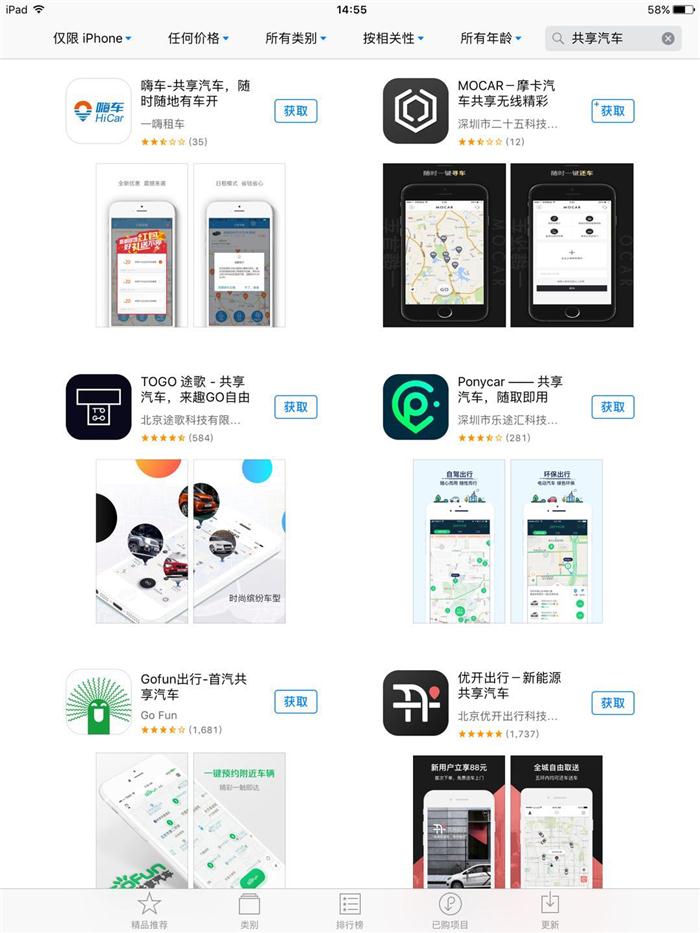
Like other Internet business models, shared car services are mostly born in Internet companies. According to incomplete statistics, there are more than 500 car platforms in the Chinese market, and the actual number of car platforms is less than 100, and they are basically unable to make ends meet. . In 2017, the collapse of the shared car platform led by the Friends of Friends car and EZZY highlighted the problems in the field. Compared with other business models in the shared area, shared vehicles that want to achieve healthy operations must have four major elements: online platform, offline operations, resource integration, and financial strength. It is an absolute emphasis on capital, heavy operations, and heavy marketing. In the field of technology, the financing and profitability models in the current stage alone are not enough to support the operation of the platform, let alone profitability. So the second half of the shared car has arrived.
Why car companies come
For ordinary companies and companies, stabilizing current business is the first priority. However, for a large company such as a car company, there are a large number of stakeholders such as investors and shareholders behind it, to stabilize the current business sector and start a new business model. It becomes particularly important.

According to statistics from the Ministry of Public Security, by the end of 2017, the number of motor vehicles in China had reached 310 million while the number of registered drivers of cars was 342 million. This number will continue to grow for a long time. At the same time, according to industry insiders, the current domestic private motor vehicle utilization rate is only 5%, and in the next ten years, there will be 700 million people who have driving licenses and no cars in the country. The market demand and space are huge.
The huge market demand has brought about a broad space for the development of shared cars. The global automobile industry is gradually becoming more electric and networked in terms of policies and trends. With the introduction of policies such as “dual credit†in China, new energy vehicles are being developed. Become the most important task for car companies nowadays, at the same time, because the market has not fully cultivated the consumption habits of new energy vehicles, entering the shared car sector can also increase brand awareness and reduce inventory. In order to develop new energy vehicles, the government and competent authorities at all levels are actively creating a better environment for the use of new energy vehicles. In particular, the “Guiding Opinions on Promoting the Healthy Development of Small and Minibuses Leasing†issued in August 2017 can be Said that creating a favorable policy environment for the prosperity of shared cars.
There is no reason for car companies not to enter the shared car sector driven by market prospects, policy incentives, and model innovation.
Sharing the future of cars
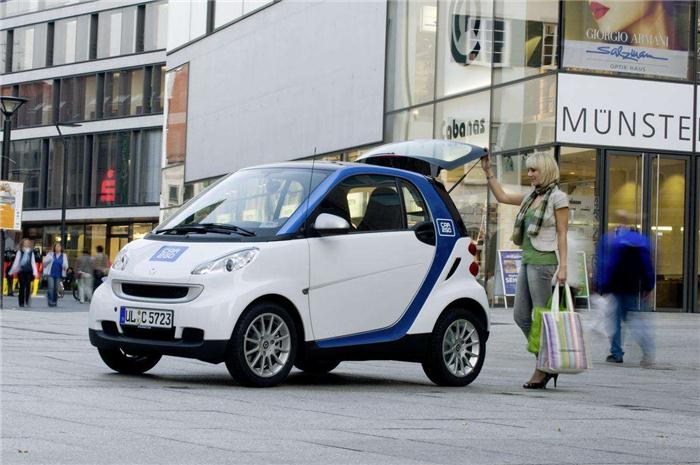
Although auto companies have strong capital and technology, the sharing of automotive industry as a heavy asset industry still requires strong online and offline synchronization capabilities. Internet companies have unique advantages. Their Internet technology reserves make user experience and technology a reality. The operation is more complete and the communication with users is deeper. At the same time, Internet companies not only have their own disadvantages, but first, Internet companies do not have strong capital endorsements, and they also do not have the ability to cooperate with relevant government functional departments such as banks, governments, and city managers.
Therefore, judging from the current development direction of the industry, the future of the shared automotive industry is toward the development of the model of car companies as the dominant and Internet companies as service providers.
Blind Spot Warning,Vehicle Blind Spot Detection System,Blind Spot Sensor System,Car Blind Spot Sensor
Shenzhen Future Automotive Technology Co,Ltd , https://www.futuredashcam.com